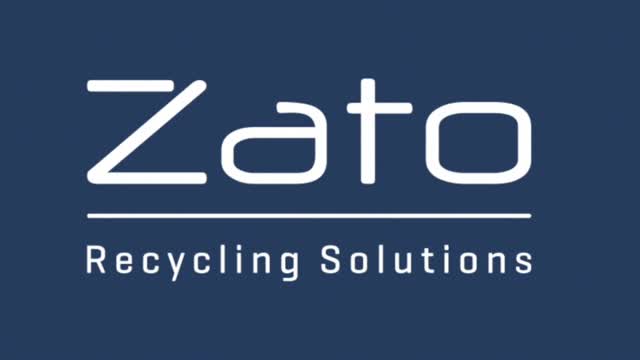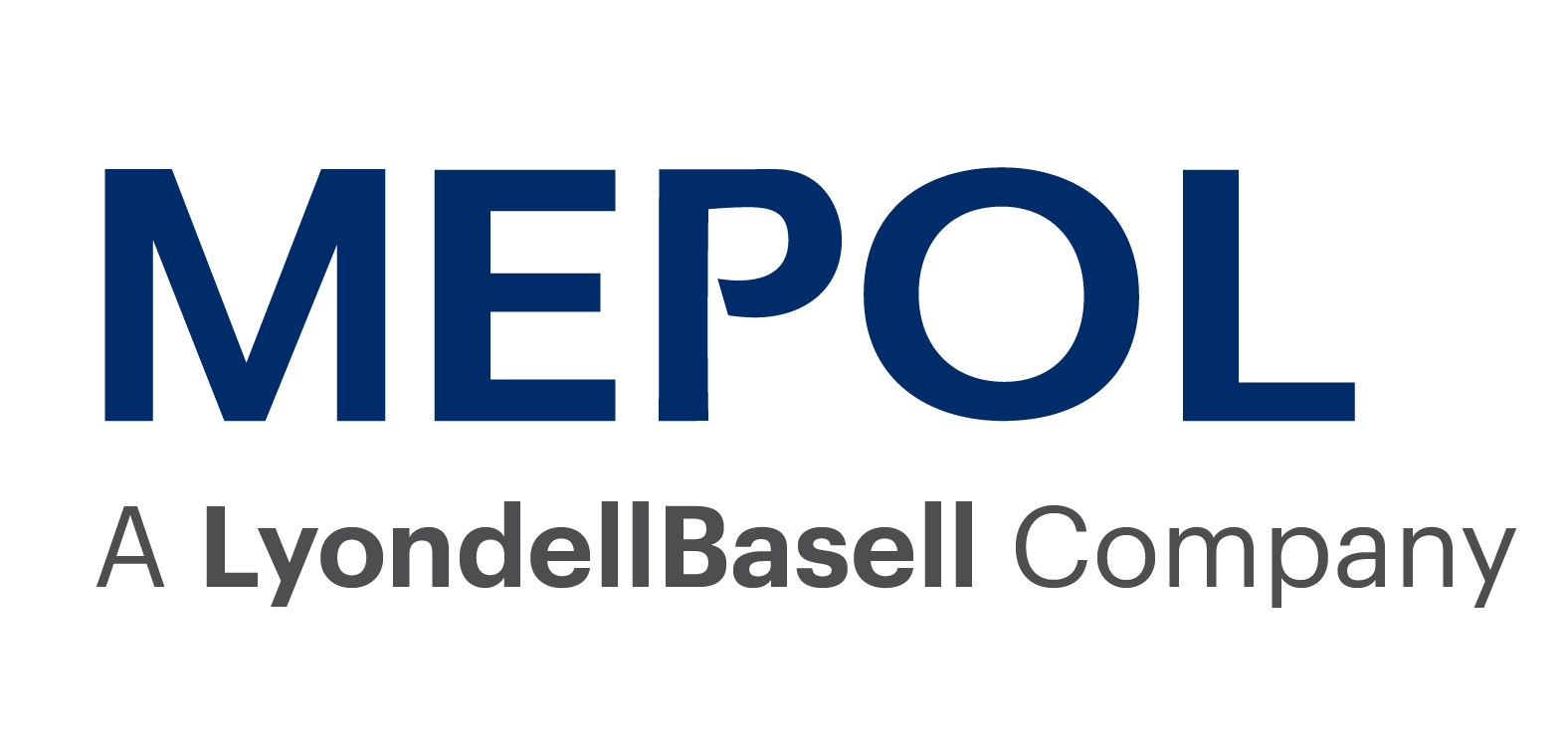ESG TRAININGS:
SUSTAINABILITY TRAINING FOR YOUR COMPANY
Sustainability is becoming increasingly important
/ OUR OFFER
ESG TRAININGS
ESG TRAINING: WHY SUSTAINABILITY TRAINING IS ESSENTIAL FOR COMPANIES
Companies have long recognised the need for timely, sustainable transformation. This is not only required by European regulations, but also for risk management, regular monitoring of ecological and social factors is indispensable.
Furthermore, the shift towards sustainability is a prerequisite for being and remaining attractive as an employer. Overall, it is already important to three out of four respondents that sustainability is a high priority for their (potential) employer, according to the study by Stepstone and the Handelsblatt Research Institute.
However, the challenge of adapting to climate change and transforming their business and processes in a sustainable way is more complex than expected for many companies. Why? Because large parts of the workforce do not have the necessary knowledge and awareness of sustainability. With targeted ESG training in the company, this can be changed.
WHAT IS SUSTAINABILITY TRAINING OR ESG TRAINING?ESG-Schulung?
Sustainability training, often called ESG training (ESG stands for environment, social and governance), is an educational programme that sharpens understanding of the connections between nature, people and business, cultivates a view of the future, and enables and accelerates the implementation of ESG principles within organisations.
1. In the environmental field
In the environmental theme, participants focus on the environmental impact of their company’s operations, as well as the impact that the rapidly changing environment could have on their company’s resilience. Current mega drivers such as biodiversity loss and ongoing climate change with their ecological consequences on raw material security, water and energy balance or waste play a significant role that could affect a company’s development.
2. In the social field
In the area of social issues, training addresses the company’s impact on people and communities, from human rights, labour practices and diversity to inclusion, community engagement and employee wellbeing. Secondly, the trainings address global inequalities, legal and democratic crises, future migration and demographic developments.
3. In the area of governance
This looks at the systems and processes that influence the decision-making and actions of the organisation. For example, diversity in the boardroom, transparency of business practices, values and ethics in day-to-day business, risk management and also compliance with legal requirements are examined in detail.
WHAT IS THE TERRA INSTITUTE?

The aim is to support them in transforming their previously purely economically driven actions into sustainable yet successful ones.
THE COMPANIES
WHO HAVE CHOSEN US


































HOW DO COMPANIES AND ORGANISATIONS BENEFIT FROM AN ESG TRAINING?
ESG training from the Terra Academy provides both employees and managers with the knowledge and skills they need to incorporate all relevant aspects of sustainability into their daily operations, decision-making processes and business strategies. Sustainability training on ESG factors typically covers a range of topics, including:

- The ESG basics: an overview of ESG concepts, their meaning as well as their relevance to business resilience is provided.
- ESG frameworks: Participants are introduced to the CSRD (Corporate Sustainability Reporting Directive), the Global Reporting Initiative (GRI), the Sustainability Accounting Standards Board (SASB) and other international, European and national frameworks.
- ESG reporting: Covering the requirements and best practices for transparent reporting of ESG performance.
- ESG risk assessment: Identifies ESG risks and opportunities within a company and how these can be measured.
- The ESG integration in decisions: Explains how ESG factors can be considered in finance, day-to-day operations, marketing, supply chain management and more.
- ESG as a driver of business value: It shows how ESG practices can contribute to financial improvement, risk mitigation, enhanced brand reputation and competitive advantage.
- Stakeholder engagement: Sustainability training also teaches the importance of engaging stakeholders effectively so that ESG issues are effectively managed together.
- Culture of sustainability: Participants learn about the framework of IDG’s (Inner Development Goals) as a guide for the inner dimension of sustainability. They learn how to implement and live a sustainable leadership and corporate culture based on a strong corporate purpose. Furthermore, possibilities for a sustainable lifestyle are shown with many practical examples (mobility, nutrition, consumption, etc.) and a roadmap for implementation is presented.
HOW IS AN ESG TRAINING COURSE AT THE TERRA ACADEMY STRUCTURED?
Terra Academy learning programmes range from self-paced programmes to blended learning and tailor-made trainings in German, English, Italian, Spanish and French.
The content of the training courses can be compiled with learning material from all these fields of competence, which are continuously expanded:
- Corporate sustainability
- Political frameworks of sustainability
- Climate change
- Cross-sectoral sustainability
- Sustainable business practice
- Fundamentals of corporate ESGs
- Inner dimension of sustainability
- Materiality analysis
Depending on your needs, you can request basic modules, in-depth modules or expert training.
Especially for banks, insurance companies and tax auditors, we have modules on in-depth specialisations in our portfolio, e.g:
- ESG implementation support
- ESG rating
- ESG scores
- ESG Language Capability
- Sustainability Preference Query
- ESG relevance
- Business risk
- Attractiveness in the labour market through authentic sustainability

THE FUNDAMENTALS OF SUSTAINABILITY EXPLAINED IN MORE DETAIL
The fundamentals of sustainability are often described with the concept of the “three pillars of sustainability”. These pillars represent the interrelated aspects of sustainability:
1. Environmental sustainability
Environmental sustainability aims to preserve the health of the planet. Therefore, minimising the negative impacts of human activities on ecosystems, conserving resources, reducing pollution and promoting biodiversity are important.
2. Economic sustainability
Economic sustainability ensures profitability, efficiency and responsible use of resources. It takes into account the economic impact of business decisions as well as the equitable distribution of the wealth generated.
3. Social sustainability
Social sustainability creates communities where everyone has equal opportunities and access to essential resources is guaranteed for everyone. In doing so, being socially sustainable means taking into account social justice, human rights and fair labour practices.
WHY IS SUSTAINABILITY IMPORTANT IN BUSINESS?
For a variety of reasons:
1. Taking responsibility for nature.
Reducing carbon emissions, conserving resources and adopting environmentally friendly practices help minimise the company’s negative impact on the environment.
2. Saving costs
By adopting energy-efficient technologies, optimising resource consumption and eliminating waste, companies can reduce their operating costs.
3. Comply with legal requirements
To combat climate change, governments and regulators are introducing stricter environmental regulations. Companies need to ensure compliance with these regulations to avoid legal problems.
4. Drive innovation and secure the future of the business
A commitment to sustainability often leads to the development of innovative solutions that are more resource-efficient, environmentally friendly and socially acceptable. As a result, sustainability can future-proof companies – they adapt to changing market demands.
5. Strengthening customer trust
Sustainable practices can improve a company’s reputation, build trust with customers and help it stand out from the competition.
6. Be an attractive employer
According to a study by Stepstone and the Handelsblatt Research Institute, 50% of people look at the sustainability of the companies they apply to when changing jobs and 70% are more likely to apply to sustainable companies. 34% of Generation Z would accept a below-average salary if the company was sustainable and 33% would consider quitting if their employer was involved in a very environmentally damaging project. These figures speak for themselves and underline the great relevance of an authentic commitment to sustainability for the attractiveness of an employer.
WHY IS THE TERRA ACADEMY THE RIGHT PARTNER FOR YOUR ESG TRAINING NEEDS?
There are many reasons to choose Terra Academy for your sustainability training needs:

- We are a team of more than 45 consultants who draw on decades of sustainability experience and bring the latest scientific knowledge to the table.
- We have more than 15 years of experience in developing and implementing ESG projects in Europe and Latin America.
- Terra Institute has been certified by the UN as a “Centre for Education for Sustainable Development”.
- We have successfully trained thousands of people on key ESG issues, developing a deep understanding of the necessary requirements.
- The training structure of online courses, webinars, free modules and face-to-face trainings can be easily integrated into the very demanding daily work routine and allows to optimally cover the various training needs of different profiles and levels.
SUSTAINABILITY ASSESSMENT – OUR TEAM
Annika Huber

Annika Huber studies Environmental and Bioresource Management at the University of Natural Resources and Applied Life Sciences (BOKU) in Vienna and participated in the training programme “Terra Certified Partner” in 2021.
At Terra, she coordinates and supports a variety of projects with a focus on: Staff training, sustainability communication and scientific research.
Edmund Kendall

Ed manages the Terra Academy and is responsible for all business operations to develop and expand the offering internationally.
With a technical background, he has held senior positions in scaling software companies and brings a wealth of experience in project management, client relations and stakeholder management.
Günther Reifer

Co-founder and CEO Terra Institute. His consultancy focuses on purpose and strategy, CircularEconomy and SustainableFinance. He is an impulse generator, inspirer and key note speaker, a member of various supervisory and administrative boards and a lecturer at various universities in Switzerland and abroad. He is a passionate sustainability consultant and combines innovation and sustainability-innovability.
Helene Thierig

Helene Thierig works at Terra Institute in the field of regional development and has been involved in projects such as the “Strategy Landscape of South Tyrol” and participatory processes in the context of community development.
In addition to regional development, she accompanies employees of companies in processes of personal development and works on topics of sustainability and climate communication.
Kim Y. Mühl

Kim is passionate about knowledge transfer. As an author, lecturer and keynote speaker, he has been working for years on topics such as bionics, digitalisation, finance, sustainability, purpose and strategy.
Today, as a senior learning consultant with the Terra Academy, he accompanies companies and the people in them on the path to a sustainable economy and working world.
Contacts
Do you have any questions or would you like our support on your way to becoming a sustainable company?
The easiest way to get in touch with us is here!
Please note our Privacy Policy and conditions.
Thank you very much! We look forward to receiving your message!
office@terra-institute.eu
Tel. +39 0472 970 484.
-

BRESSANONE HEADQUARTERS
Terra Institute Srl
Via Sant'Albuino 2
39042 Bressanone (BZ)
Italy
INNSBRUCK OFFICE AUSTRIA WESt
Maria Theresienstr. 34
6020 Innsbruck
Austria